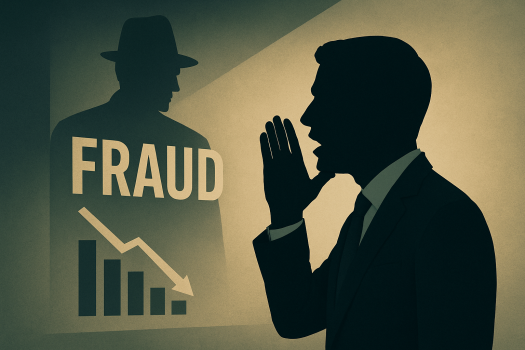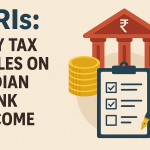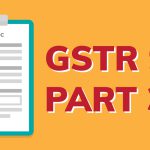Blog Post

Posted on July 16, 2025

No one “blows the whistle” until a short-seller appears because of a mix of incentives, access to information, risks, and institutional dynamics involved in exposing corporate fraud:
Modern finance hides a disturbing truth. Billion-dollar frauds can smolder in plain sight for years. Auditors sign off. Regulators look away. Insiders stay silent. And nothing changes—until someone with a financial stake in the collapse finally speaks up. Not out of duty, but for profit. The system is full of watchdogs. Yet only short-sellers dare to play the hero. Many still dismiss them as cynical gamblers. The question isn’t why they expose fraud. It’s why no one else does—until it’s far too late.
In summary, fraud often festers until outsiders with both the incentive and ability to uncover it get involved, and short-sellers—motivated by profit and unconstrained by loyalty—sometimes play the role that internal whistleblowers, internal auditors, or authorities do not. No one blows the whistle until a short-seller shows up. That fact reflects misaligned incentives, flawed organizational culture, and the unique role short-sellers play. They balance risk with the potential for financial gain.
Ref: Why no one blows the whistle until a short-seller turns up
385 Views 0 comments
GST to Change the Face of Warehousing

Cases when ITC is not available under GST

GSTR 9C – Part II

GST Audit/Reconciliation and Certification (Form GSTR-9C)

Taxation of Indian Bank Account Income for NRIs: Key Rules and Guidelines

Taxation: History of Goods and Service Tax for India

GSTR 9C – Part III

Aten Papers & Foam IPO Day 1: Check subscription status and other details

Brookfield-Backed CleanMax Set for ₹4,000–5,000 Crore Confidential IPO

How your small pie of Tax builds the entire nation.
Comments